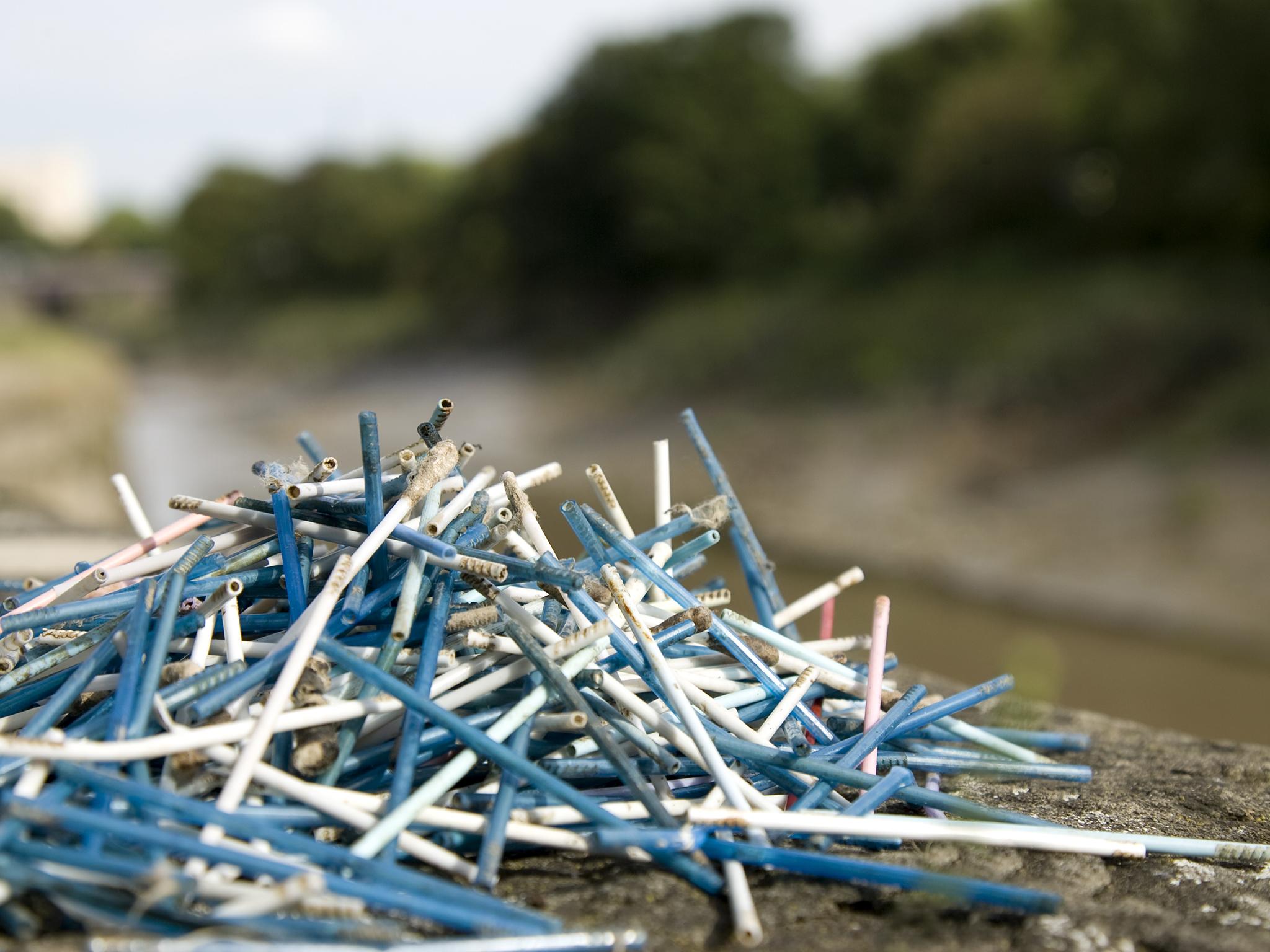Johnson & Johnson will stop selling plastic cotton buds in half the world to help cut marine pollution
Plastic cotton buds are one of the most common types of litter found on Britain's beaches

Multinational corporation Johnson & Johnson is to stop selling plastic cotton buds – one of the most common item of litter found on Britain’s beaches – in half the countries of the world after a campaign to cut marine pollution.
The company will instead use paper to make the stick of the buds.
Dr Clare Cavers of Scottish environmental charity Fidra, which ran a campaign to persuade people to stop using plastic cotton buds, said: “We commend Johnson & Johnson for leading this change in product material, it is an important part of the solution to the growing problem of plastic pollution in our seas.
“A step change in consumer behaviour is needed to ensure people dispose of waste responsibly and only flush toilet paper.
“The message cannot be strong enough that only the three Ps (pee, toilet paper and poo) should be flushed, and anything else should go in a bin.”
The Marine Conservation Society recorded cotton buds as the sixth most common type of litter found on Britain’s beaches in 2016.
Cotton buds are supposed to be put in the bin but many are flushed down the toilet, and can then reach the beaches through the sewer system.
Paper cotton buds would get waterlogged and settle out of the wastewater before they can reach the beach and then gradually degrade.
Plastic, which is likely to persist in the natural world for centuries, attracts and concentrates poisonous chemicals in the sea.
Niamh Finan, the company’s group marketing manager, said: “We recognise that our products have an environmental footprint, and that’s why we have actively switched our cotton buds range from plastic to a paper stick.”
The United Nations has warned that plastic debris in the sea poses a serious threat to human health.
Experts have warned that plastic should be treated as a toxic substance once it gets into the environment.
Join our commenting forum
Join thought-provoking conversations, follow other Independent readers and see their replies
0Comments